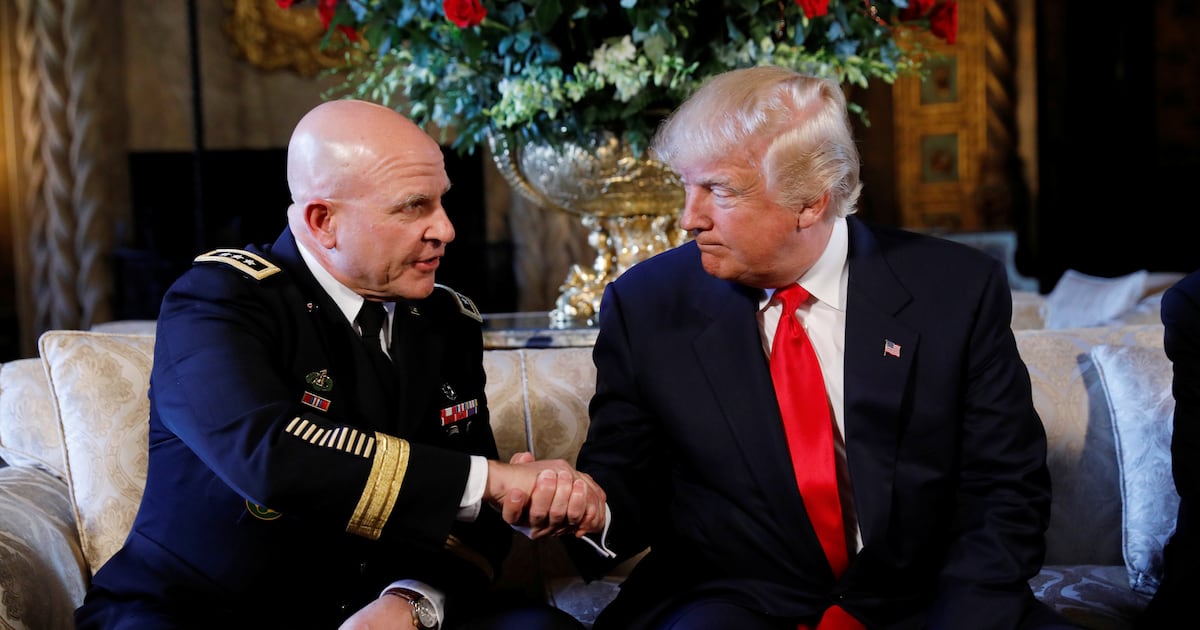Egypt is a mess, and its leaders seem intent on making a bad situation even worse.

Returning recently from my fourth trip to Egypt in 18 months, I see the endless missed opportunities on all sides. The country appears stuck, and there is a real prospect that the economy could reach negative growth, unrest increases, and the glimmer of hope for building a pluralist democracy in the world’s largest Arab nation fades forever.
The latest evidence is the conviction of 43 NGO activists, including 16 Americans, on trumped-up charges of using funds from abroad to operate without permission. These groups include the National Democratic Institute, the International Republican Institute, and Freedom House. They deserve—and are getting—support from our government, which has sharply condemned the court decision. U.S. support has also gone to Egyptian advocacy groups that are building political capacity inside the country—an essential ingredient of a pluralist democracy.
Mohamed Morsi’s government continues to claim it is consulting with groups inside the country on a wide range of issues, but the groups disagree. The most recent example is the long-awaited law on civil-society organizations—a version of which was poised to pass the parliament before it was dissolved by Egypt’s supreme court last year. Instead of embracing a draft that had broad buy-in from many quarters, including center-right parliamentarian Anwar Sadat (the late president’s nephew), who chaired the Human Rights Committee, the Morsi crowd started over and produced a product only they could love. Howls of protest have greeted their plan to submit the new law for approval by the Shura Council, which opposition groups consider an illegitimate Muslim Brotherhood-dominated parliamentary body.
At the same time, the other side isn’t blameless. The opposition forces are splintered—many continue to believe that protests and boycotts will win the day. They watch the slow-motion failure of the Muslim Brotherhood regime and expect that magically they will be propelled into positions of power. Fat chance! Absent a cohesive political strategy, the likely outcome is disintegration—and chaos. That is a tragedy no one should want.
What about the dreams some have of a “soft coup” by the military? How ironic that those elites who call for the return of the military helped topple the Mubarak regime. But the Supreme Council of the Armed Forces’ trial run after the removal of Mubarak in 2011 and elections last year was hardly impressive: poor economic chops and no ability to provide domestic security. In any case, there’s little reason to think the armed forces want to take over. They have too much to lose, and little to gain at a time when the country can barely keep its finances together.
There is still time to shape a good outcome for Egypt that builds on the steps toward democracy taken last year. But with Syria sucking up most of the attention, is anyone going to focus?
Help for civil society is badly needed: decades of authoritarian rule have left a poisonous legacy. Despite this, the people of Egypt—smart, energetic, inspired—have gone out onto the streets and toppled a regime. They deserve more help, not prison sentences.
You might think that the Muslim Brotherhood—which suffered under the repressive grip of the previous regime—would bring a more enlightened view of the need for pluralism. Many key leaders say they get it, but their actions convey the opposite.
Even some of Egypt’s neighbors, who would prefer to see a safe country than a free one, are tempted by the idea of letting the military have free rein. Violence in the Sinai and fears that might spread are alarming. But a democratic, pluralist Egypt is a safer neighbor in the long term than one held together by barbed wire and policemen.
Efforts to collect millions of signatures on a petition to force Morsi out show more enthusiasm than political savvy. For now, he’s the man in charge. The opposition and the world have to deal with him, and get in the game. But to win an election requires a ground game: at a minimum, the millions of signatures should go into developing a voter roll. That doesn’t mean we can’t suggest change.
Egypt matters. It’s a regional player, and everyone who cares about security, prosperity, and progress in that region and beyond should have a stake in the outcome.
It’s too easy when Syria is dominating the headlines to forget that a struggle is also taking place in a country four times larger, one with real and far-reaching consequences for the world. It’s tempting to shrug, assume that nothing is possible in a region that has scant history of democracy, or that “stability” is preferable. But Egypt is too big to fail. It needs friends to believe in it, and the Egyptian people need to act as though they believe in themselves.






